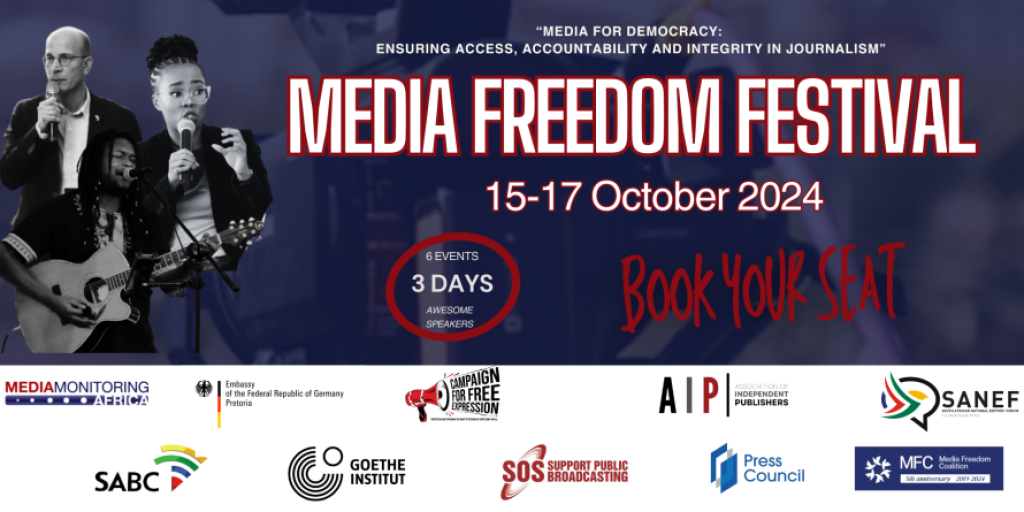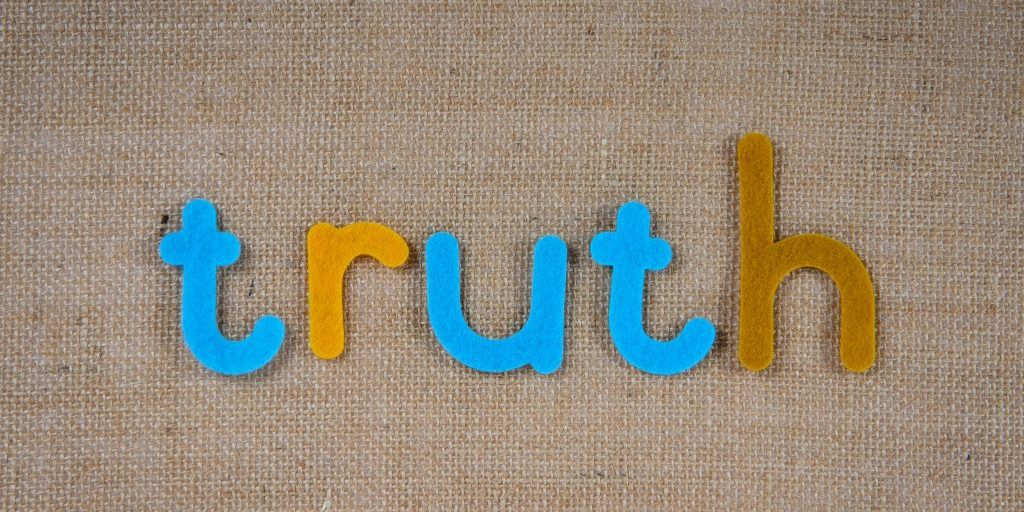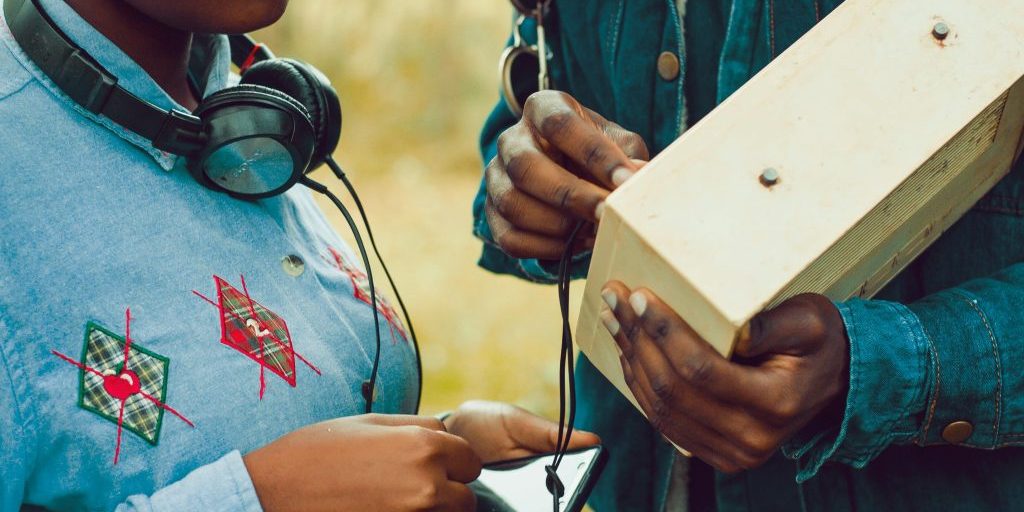Top media speakers in high-level discussions in the week of Black Wednesday
The Goethe Institute in Johannesburg will soon be the site of an historic three-day Media Freedom Festival to mark the 47th anniversary of Black Wednesday, a date which instigates a deep review of the meaning of press freedom. Everyone is invited, and the events are free.
We cannot ignore our obligations to the many journalists and editors who stood up to brutality nearly 50 years ago. Not all of them lived to tell the tale. But this moment is not a pause of remembrance only.
The media is today in the vanguard of a battle to maintain the gains of 1994. Corrupt politicians and individuals would rather its freedoms were crushed, while proponents of surveillance and some leaders in big tech would prefer news played their game their way.
The Festival, which runs from 15 to 17 October, is historic this year in that Media Monitoring Africa is joined by the Press Council of South Africa and prominent activists the Campaign for Free Expression and the SOS Coalition, as well as the South African National Editors’ Forum (SANEF) and the Association of Independent Publishers (AIP).
The German Embassy is also associated with this year’s events, while the SABC will be the media partner.
The Festival theme is ‘Media for Democracy: Ensuring Access, Accountability and Integrity in Journalism’.
Through engaging events and content, it will highlight a range of critical human rights-related issues that are dependent on media freedom. Its panels and discussions will serve as an opportunity for an audience to ponder, probe and interrogate explosive and subversive topics, but also try to capture the excitement and possibilities of the moment
The Festival intends to emphasise the role of a free and independent media in a healthy democracy as it explores solutions amid financial challenges, fast-moving technologies, disinformation, hate speech and content regulation.
The Press Council is hosting a panel discussion on 17 October at 6pm, entitled: ‘Back to Basics – building a media business that lasts’.
Press Council adjudicator Reg Rumney will introduce the participants and mediate the conversation which will include a discussion on challenges and innovative strategies media colleagues have employed in their newsrooms to stay relevant; practical advice for aspiring media entrepreneurs looking to carve out a unique space in the media landscape and how our panellists envision the future of their publications and the media.
The three panellists for this session are: Jillian Green (Daily Maverick’s new editor); Shirley Govender (AIP member) and Rob Rose, editor of Currency, the recently-launched online financial publication which is the newest member of the Press Council.
This 90-minute session will be preceded by a presentation by Uyanda Siyotula of the SOS Coalition.
Other events include:
‘Free Expression in South Africa: A time to celebrate, or a time to fight?’ (15 October at 10h00)
We celebrate the glorious free expression we have in South Africa, but the Campaign for Free Expression’s research highlights serious and worrying threats. Are thesereal? Do they mean it is too early to celebrate? What do we need to do?
A panel discussion on the subject will feature: Anton Harber (Campaign for Free Expression); Nwabisa Makunga (SANEF); cultural activist Ismail Mahomed; researcher Alan Finlay, and broadcaster and author Mandy Weiner, who is an expert on whistleblowers. The facilitator will be Hanifa Manda of the Campaign for Free Expression.
Building Global Solidarity: The Media Freedom Coalition (15 October at 18h00)
As threats to media independence and free speech escalate, this session will explore the current state of media freedom, key challenges and emerging opportunities, focusing on this global alliance committed to promoting the safety of journalists worldwide. Emphasising the South African experience, it will look at how the country can respond to global trends and play a role in strengthening the solidarity of the press.
Elections and the Way Forward: Ethical Reporting in the Age of Online Harms (16 October at 10h00)
A review of key trends around media and elections will move to reflections from the Electoral Commission (IEC) and members of media, and explore the tools and plans needed in preparation for the next poll, the Local Government Elections in 2026.
Issues on the table such as disinformation trends and the intersection of news and social media coverage will be discussed by Janet Love (IEC), Moshoeshoe Monare (SABC), Victor Shale (expert in conflict management) and Avani Singh (ALT Advisory).
The Rate the Hate Game Show (16 October at 18h00)
This event will turn the audience into jurors, allowing them to assess hate speech scenarios, engage in discussions and gain insights into legal complexities. The aim is to promote a better grasp of the framework governing freedom of expression, highlighting the importance of combating hate speech and hate crimes.
By uniting experts and the public, the intention is to create a space for dialogue, empathy and strengthened legal understanding.
Celebrating 30 years of media freedom: what’s next for the future? (17 October at 10h00)
A reflective discussion on South Africa’s progress in terms of media freedom and what the future may hold in the context of misinformation and disinformation and the opportunities of technology.
Key questions will include what legislative reform is required to adapt to future media enterprises, and how public interest journalism should be funded to ensure that information provision remains a public good.
There will also be 101 Conversations from 14h00 to 15h00 involving Nicole Fritz, Qaanitah Hunter and Heidi Giokos, among others, on
- Online Incitement, what it looks like, what are the nuances and what are we doing about it
- The fall out of being a journalist
- What are the options for accountability when it comes to disinformation and what can we do about it in South Africa?
Read more about the Media Freedom Festival here




